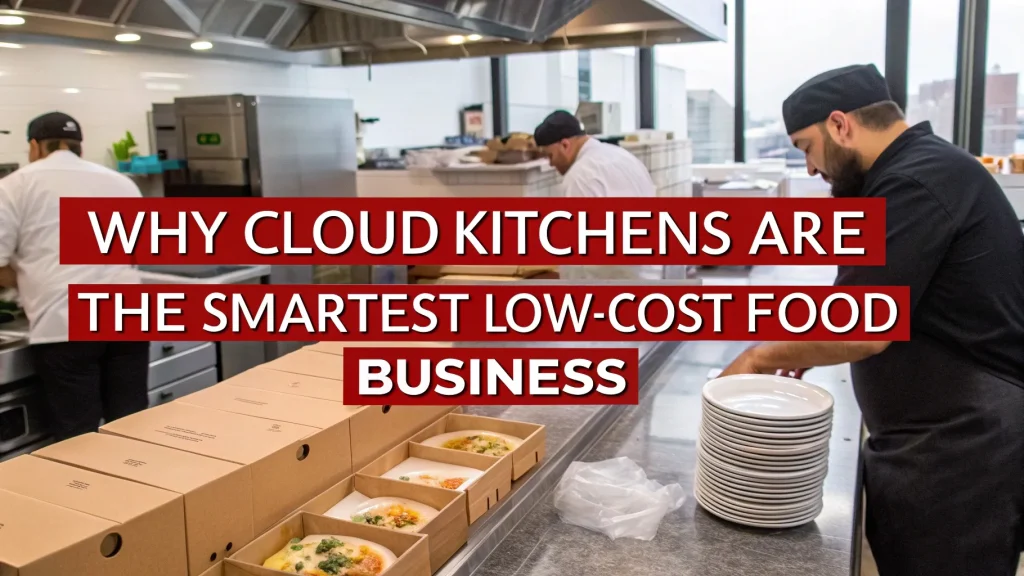Starting a business in the chemical and petrochemical sector can be highly profitable, especially when dealing with products that have widespread industrial and domestic applications. One such product is paraffin wax. Paraffin wax is used in a variety of sectors, including packaging, candle-making, cosmetics, rubber, pharmaceuticals, and even food industries. With the rise in industrial demand and growing consumer applications, Paraffin Wax Manufacturing has become a lucrative business opportunity for aspiring entrepreneurs.
Understanding the Paraffin Wax Manufacturing Business
Paraffin wax is a white or colorless soft solid derived from petroleum, coal, or oil shale. It is mostly made from slack wax, a byproduct of lubricating oil refining. The wax is then processed through deoiling, decolorizing, and hardening methods to make it suitable for commercial use. The refined paraffin wax comes in various grades—fully refined, semi-refined, and crude—each catering to different industrial needs.
Starting a Paraffin Wax Manufacturing business requires technical know-how, a moderate-to-large investment, and a clear strategy for raw material sourcing and market targeting. Before diving into the venture, let’s explore various aspects such as market potential, manufacturing process, investment requirements, licensing, and marketing strategies.
Market Potential and Demand
The global demand for paraffin wax has seen consistent growth owing to its widespread use. Candles account for the largest segment, particularly in religious and decorative uses. Moreover, industries such as packaging (for moisture barriers), cosmetics (lip balms, creams), rubber (as a softener), and pharmaceuticals (ointment bases) rely heavily on paraffin wax.
Emerging economies like India, Brazil, and parts of Africa are witnessing rising demand due to increased consumer spending and industrial development. If strategically located near oil refineries or petrochemical zones, a Paraffin Wax Manufacturing business can reduce transportation and raw material costs significantly.
Key Raw Materials Required
The primary raw material is slack wax, which is sourced from petroleum refineries. Other chemicals may be needed for purification and refining processes. Common auxiliary materials include:
-
Acid and clay for bleaching
-
Additives for improving hardness or melting point
-
Packaging materials such as plastic, cardboard, and labeling items
Ensuring a steady supply chain of these materials is essential for uninterrupted production.
Manufacturing Process Overview
The manufacturing process of paraffin wax can be broadly broken down into the following steps:
-
Slack Wax Collection: This is obtained as a byproduct of lubricating oil refining.
-
De-oiling: Using techniques such as sweating or solvent extraction to remove oil content.
-
Filtration and Bleaching: Removes impurities and unwanted coloration using sulfuric acid or bleaching clay.
-
Distillation and Crystallization: Refines the wax further to achieve desired properties like melting point and hardness.
-
Solidification and Packaging: The wax is poured into molds or slab-formers and allowed to cool before being cut, packed, and labeled.
Advanced setups may use continuous distillation columns, centrifuges, and automated packaging machines to enhance productivity and ensure consistency.
Investment Requirements
Starting a Paraffin Wax Manufacturing unit requires moderate to high investment depending on the production scale and automation level. A small-scale setup might need INR 30–50 lakhs, while a medium to large unit can range up to INR 1–5 crores. Key investment areas include:
-
Land and building
-
Machinery and equipment
-
Raw material stock
-
Utilities (power, water, gas)
-
Labor and technical staff
-
Licensing and approvals
-
Marketing and distribution
It is advisable to consult a financial expert to create a detailed project report and feasibility study before proceeding.
Licensing and Compliance
The Paraffin Wax Manufacturing business involves chemical processing, which mandates regulatory compliance. The following licenses and approvals are typically required:
-
Business registration (as MSME, LLP, or Pvt Ltd)
-
Factory license under the Factories Act
-
NOC from Pollution Control Board
-
Fire safety certificate
-
GST registration
-
Environmental clearance (for larger units)
-
Import/export code (if trading internationally)
Ensure that your unit adheres to local labor laws and safety protocols for chemical handling.
Location and Infrastructure
Proximity to oil refineries or chemical hubs can significantly reduce raw material and logistics costs. An industrial zone with easy access to utilities like electricity, water, and roads is ideal. The layout should separate processing areas from administrative blocks and provide ventilation and fire safety systems.
Proper storage facilities for slack wax, refined wax, and chemicals are critical. Temperature control and insulation may be required to maintain product quality.
Equipment and Machinery
The machinery used in a Paraffin Wax Manufacturing unit will depend on the scale of operations. Common equipment includes:
-
De-oiling tanks or solvent extraction units
-
Bleaching tanks with agitators
-
Filters and centrifuges
-
Distillation units
-
Crystallization tanks or slab formers
-
Packaging machines (manual or automatic)
Invest in high-efficiency machinery that adheres to industry standards and safety norms.
Skilled Manpower
The workforce should include both skilled and unskilled workers. Chemists or chemical engineers are needed to supervise quality control and manufacturing operations. Operators, helpers, packers, and administrative staff will also be required. Training in safety practices and equipment handling should be provided regularly.
Marketing and Distribution
Marketing plays a crucial role in the success of a Paraffin Wax Manufacturing business. Strategies should be tailored to different end-user industries. Key marketing channels include:
-
B2B marketing to candle manufacturers, packaging industries, and cosmetic brands
-
Online B2B portals like IndiaMART, TradeIndia, and Alibaba
-
Trade shows, exhibitions, and chemical industry conferences
-
Collaboration with distributors and wholesalers
-
Direct export to countries with high demand
Offering customized grades of wax based on specific industrial needs can help you stand out in the market.
Quality Control and Certification
Maintaining consistent product quality is critical in retaining clients. Quality parameters such as melting point, oil content, color, and hardness must be regularly tested. ISO certification and other quality accreditations can enhance credibility and enable entry into global markets.
Packaging should also be robust and weather-resistant to prevent contamination and damage during storage or transit.
Sustainability and Safety
With increasing global focus on sustainability, manufacturers are expected to minimize waste and emissions. Installing effluent treatment plants, using energy-efficient machinery, and recycling process water are key steps. Also, follow Occupational Safety and Health Administration (OSHA) guidelines to prevent fire hazards, chemical exposure, or injuries.
Regular audits and safety drills can help ensure a compliant and safe workplace.
Challenges in Paraffin Wax Manufacturing
While the business offers significant potential, there are some challenges to address:
-
Volatility in raw material prices due to crude oil market fluctuations.
-
Stringent environmental regulations and pollution control norms.
-
Competition from synthetic or bio-based waxes like soy or palm wax.
-
Technological upgrades required to stay relevant in terms of efficiency and quality.
Overcoming these through strategic sourcing, product innovation, and operational efficiency is key to long-term success.
Future Scope and Expansion
The Paraffin Wax Manufacturing sector is expected to continue growing with advancements in refining technologies and increasing product applications. You can explore the following expansion options:
-
Adding value-added wax products like colored or scented wax
-
Partnering with candle or cosmetic manufacturers for long-term supply contracts
-
Setting up export channels for global markets
-
Diversifying into other petroleum-based products like lubricants or emulsions
A phased expansion plan backed by market research and performance metrics will ensure sustainable growth.
Conclusion
Starting a Paraffin Wax Manufacturing business presents a promising opportunity for entrepreneurs with an interest in the chemical and petrochemical sector. With proper planning, investment, and market understanding, it can become a highly profitable and scalable venture. As demand grows across multiple industries, focusing on quality, compliance, and innovation will be the keys to long-term success in this field.
Visit the page Select and Choose the Right Business Startup for You for sorting out the questions arising in your mind before starting any business and know which start-up you can plan. We, at NPCS, endeavor to make business selection a simple and convenient step for any entrepreneur/startup. Our expert team, by capitalizing on its dexterity and decade’s long experience in the field, has created a list of profitable ventures for entrepreneurs who wish to diversify or venture. The list so mentioned is updated regularly to give you a regular dose of new emerging opportunities.




